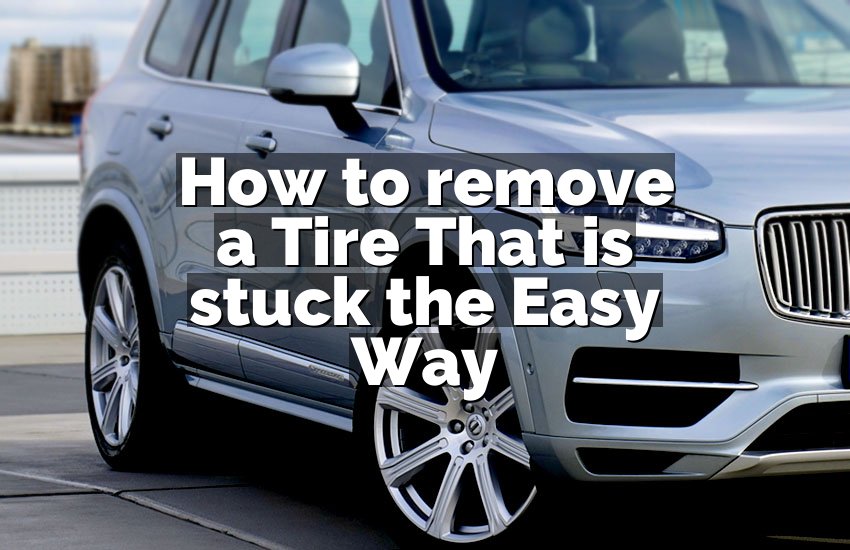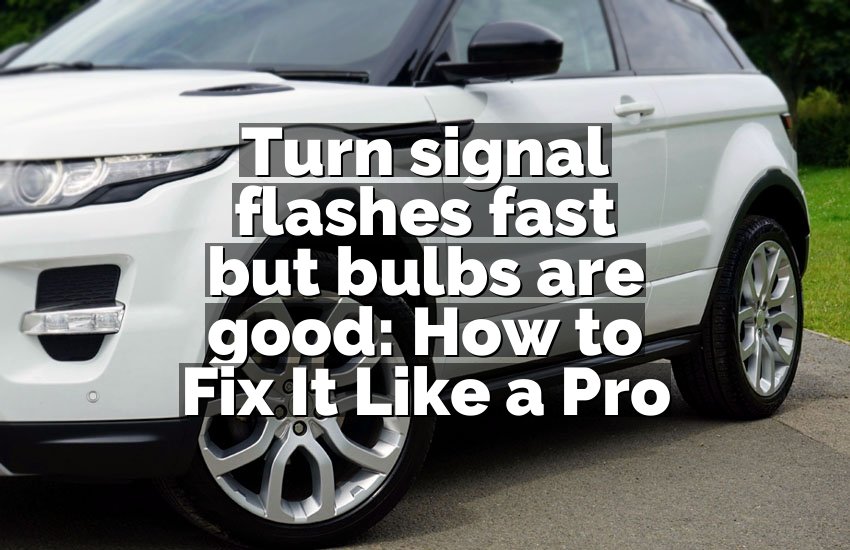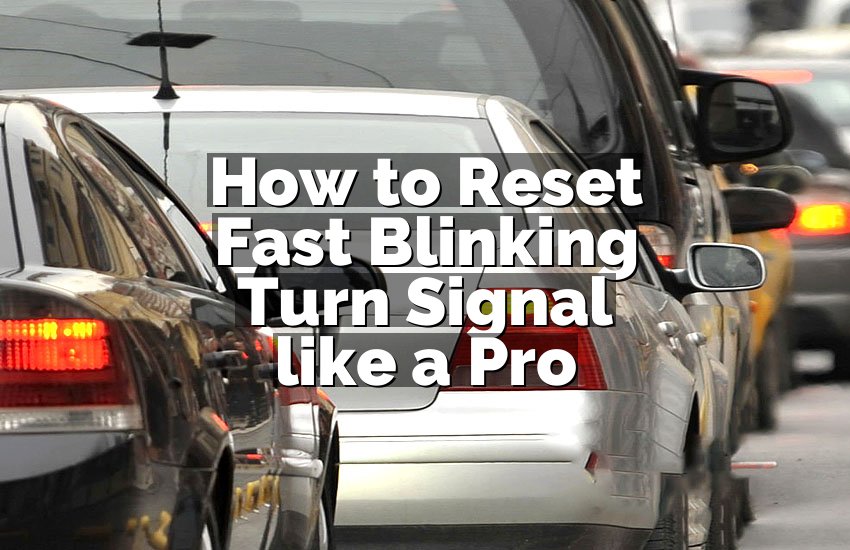If your car makes a whistling noise when accelerating, possible causes include vacuum leaks or a worn-out turbocharger. Addressing these issues promptly can prevent further damage and keep your vehicle running smoothly.
Whistling sounds can indicate a variety of underlying problems, so it’s essential to diagnose the issue accurately. By understanding the common causes of a whistling noise when accelerating, you can effectively troubleshoot and resolve the issue. This guide will explore potential reasons for the noise and provide insights on how to fix the problem to ensure optimal performance and safety for your vehicle.

Credit: www.youtube.com
Possible Causes Of Whistling Noise
When your car makes a whistling noise while accelerating, it can be a cause for concern. Fortunately, identifying the possible causes of this noise can help you address the issue quickly. There are several components in your car that may be responsible for producing whistling noises, including the air intake system, exhaust system, engine belts, vacuum leaks, and turbocharger or supercharger issues. Let’s take a closer look at each of these possible causes:
Air Intake System
The air intake system in your car is responsible for bringing in air to mix with the fuel to create combustion. If you hear a whistling noise while accelerating, it could be due to a problem with this system. Common causes of whistling noises in the air intake system include a dirty or clogged air filter, a loose or damaged air intake hose, or a malfunctioning air intake valve.
Exhaust System
The exhaust system is another potential source of a whistling noise when accelerating. If there is a leak or crack in the exhaust manifold or any part of the exhaust system, air can escape and create a whistling sound. Additionally, a damaged or worn-out muffler can also produce a whistling noise while driving.
Engine Belts
The engine belts in your car play a crucial role in driving various components, such as the alternator, power steering pump, and air conditioning compressor. If one of these belts is loose, worn-out, or damaged, it can cause a whistling noise when you accelerate. A common belt that may produce this sound is the serpentine belt, which is responsible for driving multiple components.
Vacuum Leaks
A vacuum leak occurs when there is an unintended gap or crack in the vacuum system of your car. This can lead to a whistling noise, especially when accelerating. Common causes of vacuum leaks include damaged hoses, loose fittings, or a malfunctioning vacuum control valve. These leaks can negatively impact your car’s performance and fuel efficiency.
Turbocharger Or Supercharger Issues
If your vehicle is equipped with a turbocharger or supercharger, problems with these components can also cause a whistling noise. These components increase the amount of air pushed into the engine, improving performance. However, if there is a leak or damage to the turbocharger or supercharger components, it can create a whistling noise when accelerating.
Identifying the source of the whistling noise is essential to determine the exact cause. If you are unsure or unable to diagnose the issue yourself, it is recommended to take your car to a qualified mechanic for a thorough inspection and repair.

Credit: www.quora.com
Diagnosing The Problem
Diagnosing the problem when your car makes a whistling noise while accelerating is crucial in order to pinpoint the issue and address it effectively. Identifying the source of the sound can save you time and money, preventing potential damage to your vehicle. Below, we’ll explore the steps involved in diagnosing the problem.
1. Visual Inspection
Begin by performing a visual inspection of the engine compartment, focusing on the belts, hoses, and connections. Look for any signs of wear and tear, such as fraying or cracks, which may indicate a potential cause of the whistling noise. Take note of any loose or disconnected components that could be contributing to the issue.
2. Listening For Additional Clues
Next, carefully listen to the noise while accelerating, paying attention to any additional clues that could help identify the source. Note whether the sound changes in pitch or intensity under different driving conditions, such as when turning or braking. This can provide valuable insights into the nature of the problem.
3. Diagnostic Tools
If the cause of the whistling noise remains elusive, it may be necessary to utilize diagnostic tools, such as a stethoscope or automotive diagnostic software. These tools can help pinpoint the exact location and nature of the issue, facilitating a more accurate diagnosis and resolution.
Addressing The Issue
When your car makes a whistling noise when accelerating, it’s essential to address the issue promptly to prevent further damage. Here are some common causes and solutions to help resolve the problem:
Repairing Or Replacing Air Filters
- Dirty air filters can lead to restricted airflow and cause a whistling noise.
- Regularly checking and replacing air filters can help alleviate the issue.
Checking And Repairing Exhaust Components
- Exhaust leaks or damaged components can also result in a whistling noise.
- Inspecting and repairing any issues with the exhaust system is crucial.
Inspecting And Replacing Damaged Belts
- Worn-out or damaged belts can create a whistling sound during acceleration.
- Regularly inspecting belts and replacing them as needed is recommended.
Identifying And Fixing Vacuum Leaks
- Vacuum leaks can lead to abnormal noises in the engine, including whistling sounds.
- Locating and fixing any vacuum leaks can help eliminate the noise issue.
Repairing Or Replacing Turbocharger Or Supercharger
- Issues with the turbocharger or supercharger can also cause a whistling noise.
- Seek professional assistance to repair or replace these components if necessary.
Preventive Maintenance Tips
Hearing a whistling noise when accelerating could indicate issues such as a damaged hose, worn-out belt, or a faulty gasket. Regularly checking and maintaining these components through preventive maintenance can help in preventing such problems. Making sure the car undergoes routine inspections and servicing can ensure a smooth driving experience and extend the vehicle’s lifespan.
Preventive maintenance is essential to keep your car running smoothly and to address any potential issues that may arise. By following these tips, you can proactively maintain your vehicle and prevent costly repairs down the road.
1. Regular Maintenance Schedule
Regularly scheduled maintenance is vital to the longevity of your vehicle. Adhere to the manufacturer’s guidelines and schedule routine inspections to prevent any potential issues.
2. Properly Maintaining Air Filters
Regularly check and replace dirty air filters to ensure optimal engine performance and reduce the risk of a whistling noise when accelerating.
3. Inspecting And Repairing Exhaust System
Regularly inspect the exhaust system for leaks or damage. Promptly repair any issues to prevent excess noise and maintain proper engine function.
4. Checking And Replacing Engine Belts
Monitor the condition of engine belts and replace any worn or damaged belts. Regular maintenance of engine belts can prevent whistling noises and ensure proper engine function.
5. Addressing Vacuum Leaks
Inspect for vacuum leaks and address any issues promptly. Vacuum leaks can contribute to whistling noises and impact engine performance.

Credit: www.whocanfixmycar.com
Conclusion
Identifying the cause of a whistling noise when accelerating is crucial for maintaining your car’s performance. Whether it’s a loose belt, a vacuum leak, or a failing turbocharger, addressing the issue promptly can prevent further damage. Keep an eye (and ear) out for these potential culprits to ensure a smooth and safe driving experience.


